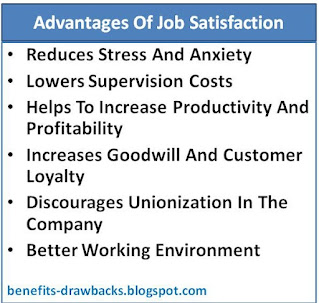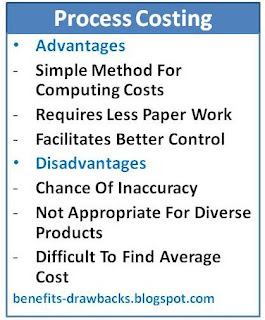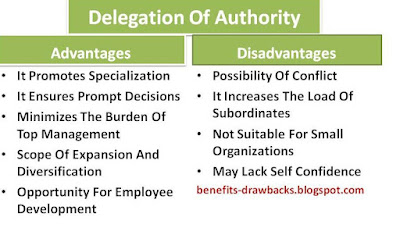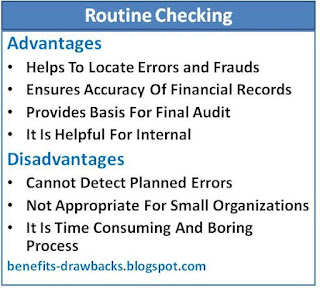The major benefits or advantages of job satisfaction can be highlighted as follows:
1. Promotes Employee Motivation
The main advantage of job satisfaction is that it creates positive feeling towards jobs. It minimizes stress and anxiety which encourages employees to perform better. So, there is direct relation between job satisfaction and employee motivation. It means satisfied employees are always motivated to perform their tasks properly and efficiently.
2. Lowers Employee Absenteeism
Employee absenteeism is very serious concern for many organizations. Stress, harassment in the workplace, lack of motivation are major causes of absenteeism. Job satisfaction helps to eliminate it by inspiring employees and by creating proper working environment .
3. Helps To Increase Production
Because of motivation and better working condition employees can boost their performance. Better performance leads to increase in the productivity of the firm.
4. Minimizes Supervision Cost
Satisfied and dedicated employees become loyal towards the organization. They are self motivated and try to do their best to achieve the goals of the organization. There is a less chance of fraud and mistake in the operational activities. So, more supervision and monitoring is not required and supervision costs can be reduced.
5. Promotes Employee Retention
Skilled, experience and loyal employees are valuable assets for the company. If they are not properly behaved they can leave the organization at any time. But job satisfaction helps to minimize employee turnover and encourages retention by providing better working environment and by fulfilling their required needs and expectations. Therefore, employee retention is another notable advantage of job satisfaction.
6. Minimizes Re-hiring Cost
As we know that job satisfaction promotes employee retention, it helps to reduce recruitment and re-hiring costs related to advertisement , recruitment , interview, selection etc. It saves both cost and effort of the management.
Job satisfaction helps the employees to develop positive attitude, to become dedicated and loyal. They can provide better service to the customers. They properly address clients' concern that helps to increase customer satisfaction. It also helps retain existing customers and attract new ones.
8. Helps To Increase Profit
Another advantage of job satisfaction is that it increases the profitability of the firm We know that job satisfaction increases productivity , increased in production reduces the cost of production. Decreased in the cost of production leads to increase in the profit of the firm.
Importance Or Merits Of Job Satisfaction In Short
- It helps to increase productivity and profitability of the firm
- It increases motivation and morale of the employees which helps to lower labor turnover rate
- It discourages unionization
- It helps to increase customer loyalty
- It decreases recruitment (re-hiring) costs as well as supervision costs
- It helps to create better working environment in the organization






























